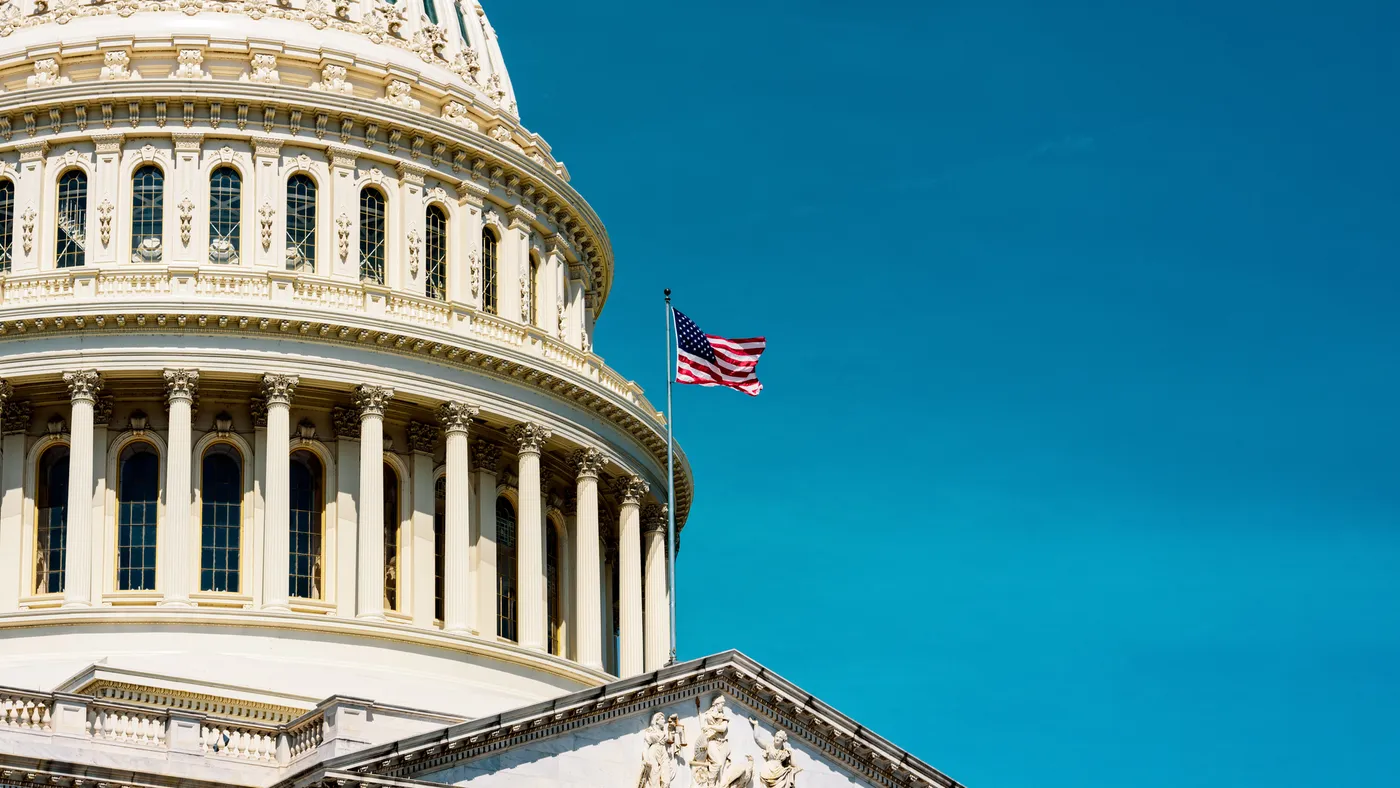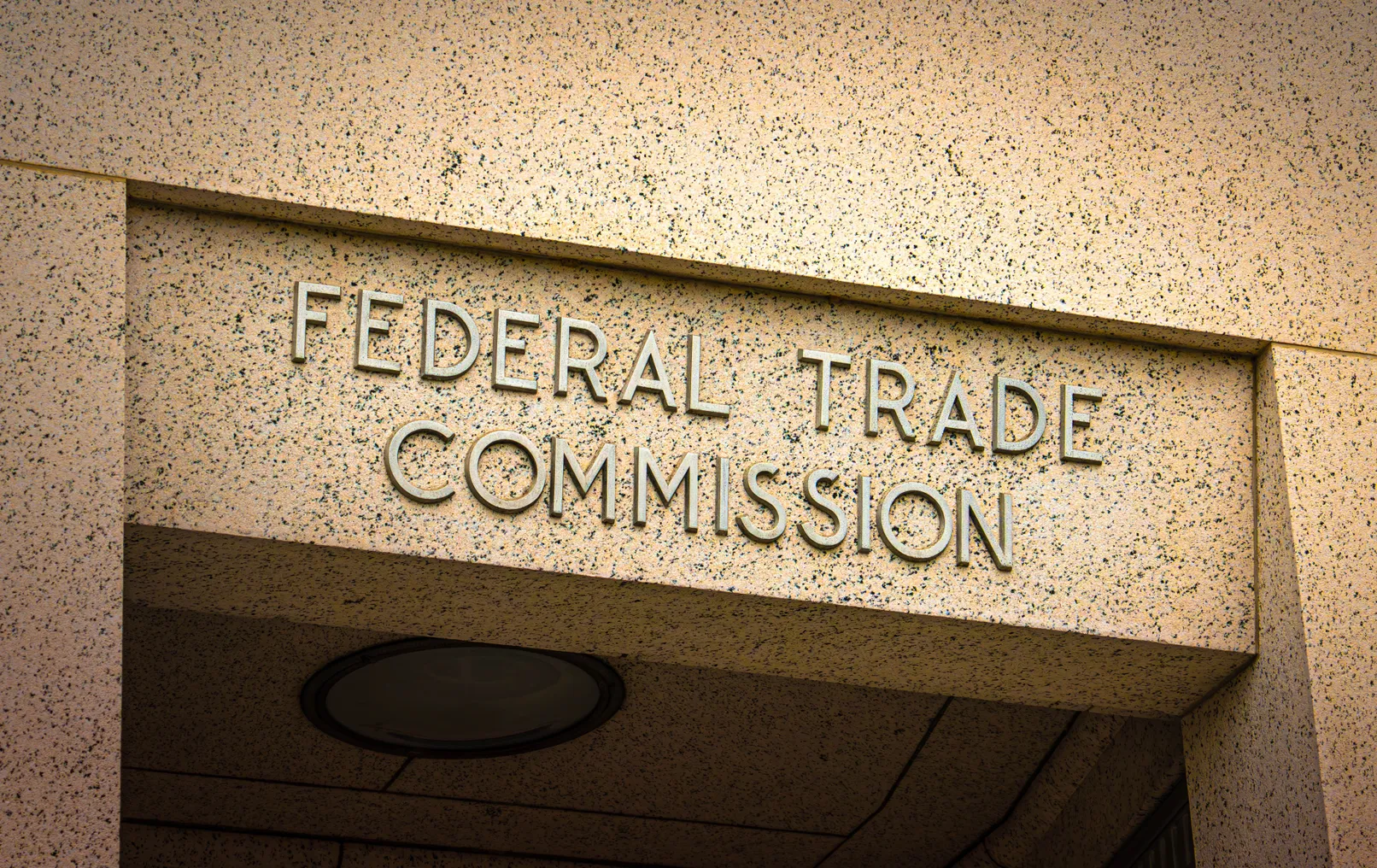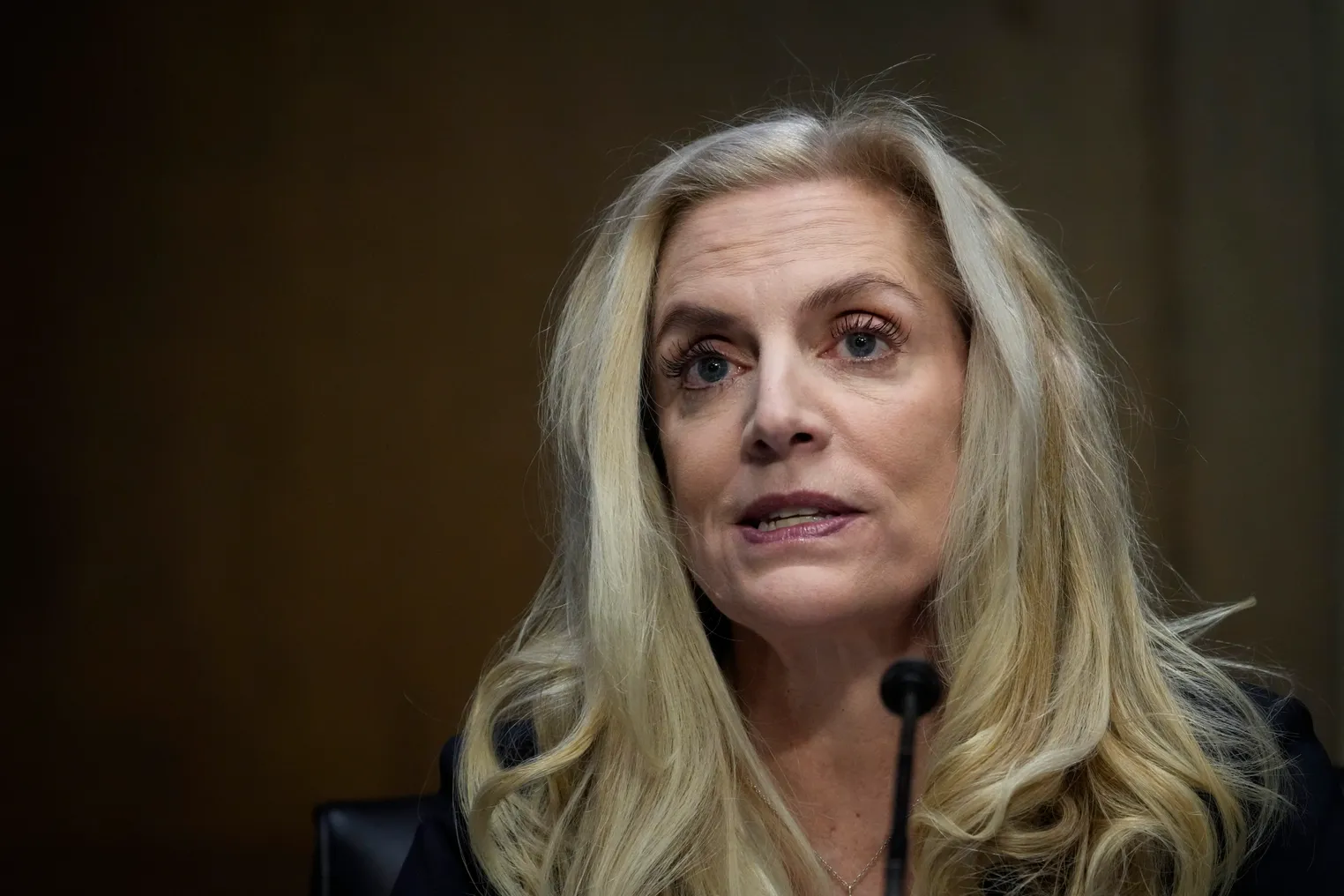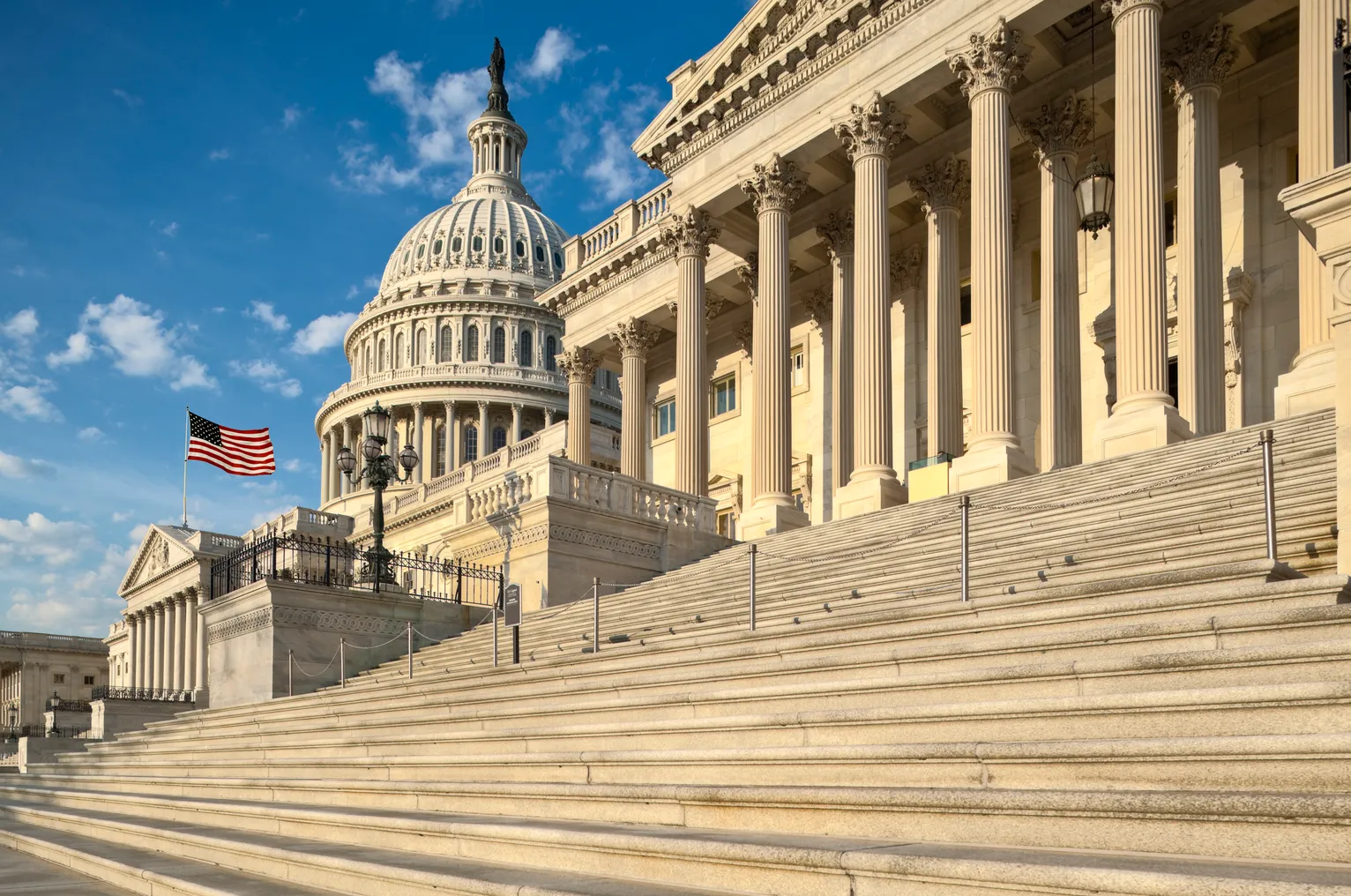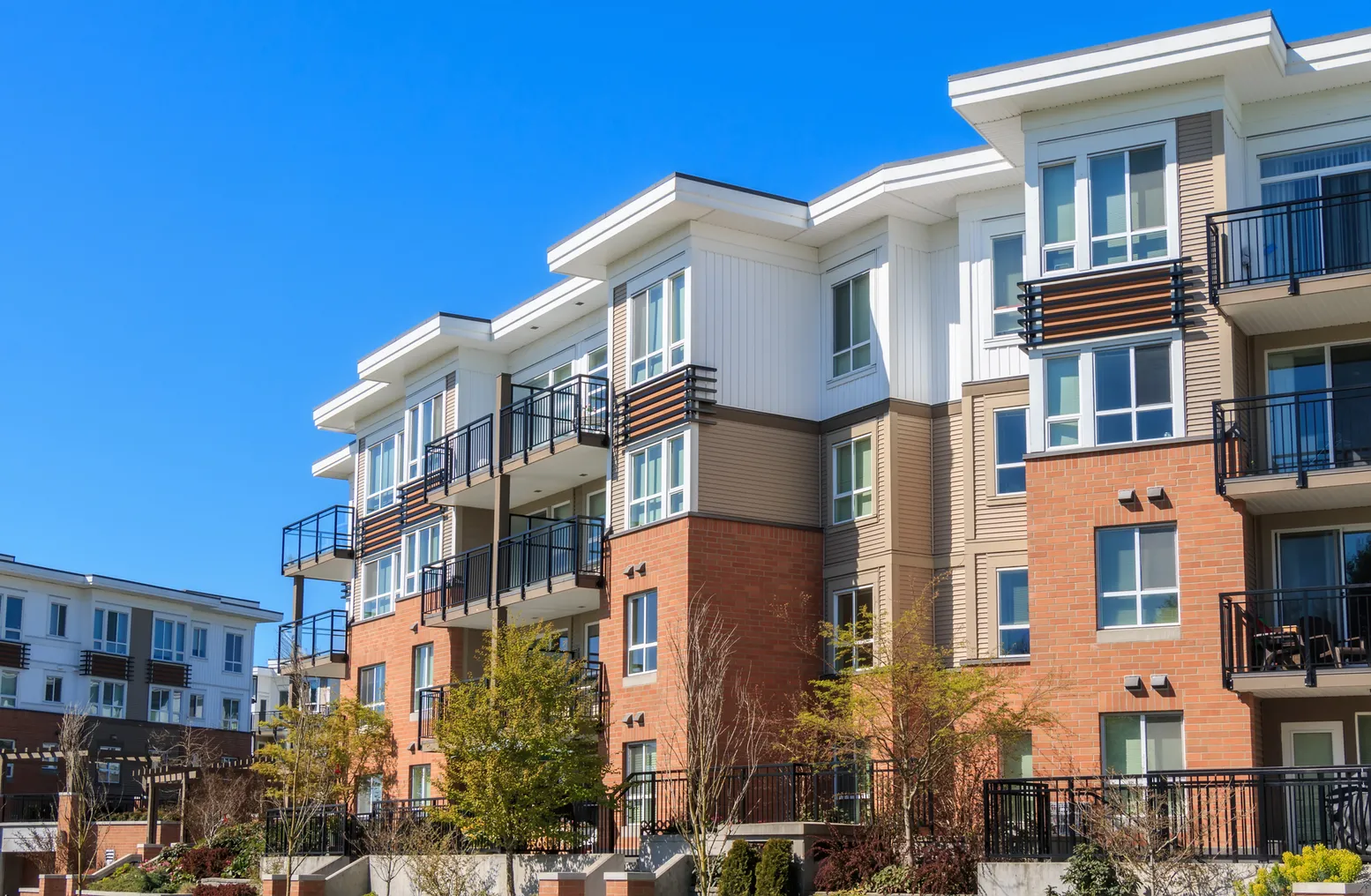
Surge of legislation aims to regulate the multifamily industry
In recent years, the Biden administration has planned and pushed for greater regulation of the housing industry. For instance, in May 2022, the White House unveiled a Housing Supply Action Plan, with the goal of lowering costs for renters and closing the housing supply gap within five years.
This was followed in January 2023 by a set of actions aimed at increasing renter protections, including the establishment of a blueprint for a Renters’ Bill of Rights.
More recently, the Federal Trade Commission proposed a rule prohibiting junk fees, and HUD plans to impose a 10% cap on rent increases per year at some subsidized housing properties, according to The Washington Post.
With so many pieces of legislation swirling around, the industry is going on the offense. For instance, the National Apartment Association is opposing expanded federal involvement in landlord-tenant affairs.
“We have been very actively engaged in federal regulatory advocacy in response to the White House blueprint for the Renters’ Bill of Rights,” Nicole Upano, assistant vice president of housing policy and regulatory affairs at the NAA, told Multifamily Dive.
There are also hundreds of state-level bills related to multifamily and rental housing in play across the country. The NAA’s State Legislative Tracker, which aggregates legislation related to particular topics at the state level, lists 213 active bills related to rent control across the country as of the beginning of the month, and hundreds more on a diverse range of housing-related topics.
Of that number, 74 bills related to rent control were filed in the first quarter of 2024. Some of the most high-profile examples include:
- Washington HB 2114, which would implement a 7% rent increase cap statewide. The bill was passed in the House, but stalled in the Senate and has been returned to the House.
- Pennsylvania SB 1095, which would limit rent increases to 10% per year or the increase in a given area’s median income, whichever is greater. The bill is currently in committee.
- A California ballot measure that would remove exemptions from the state’s existing rent control laws for single-family homes and multifamily units built after Feb. 1, 1995. This question will be decided during the November election.
- Colorado HB24-1259, which would prevent rent increases above a certain percentage for two years after the declaration of a disaster in a given area. If passed, this law would bypass the state’s rent control preemption. The bill passed the House and is currently in the Senate.
The sponsors of Colorado HB24-1259 say the bill is a direct response to the aftermath of the Marshall Fire in 2021, in which local rents skyrocketed after a large number of residents lost their homes, according to the Colorado Sun.
“When a community suffers from a disaster, they shouldn't be faced with landlords seeking to profit off their devastation,” said Colorado Rep. Mike Weissman in a release from the Colorado House Democrats. “We’re extending Colorado’s consumer protection laws to prevent unscrupulous landlords from taking advantage of victims of disasters during their time of need."
However, the NAA sees rent price gouging laws as de facto permanent rent control in areas where disasters are frequent.
“There are 35 states that prohibit price gouging during a natural disaster or a declared emergency,” Upano said about Colorado HB24-1259. “And especially in places where natural disasters are happening annually or multiple times throughout the year, it's now another way for proponents to get rent control policies passed … it keeps folks in a perpetual state of control.”
Other rent control-related bills in play include potential legislation related to preemptions, which are favored by the NAA and are on the rise. These laws, on the books in 33 states, limit or prohibit municipalities within the state from passing or enforcing rent control laws. The latest of these is House Bill 545 in Idaho, which was signed by Gov. Brad Little on March 29. A similar bill is in committee in West Virginia.
“We’ve seen preemption laws double since last year,” Upano said. “[Idaho’s law] also did preempt other types of legislation that are damaging, like… Boise's source of income mandate that's intended to to require housing providers to take Section 8. That bill also targeted the application fee limitation in Boise, which is $30.”
A focus on fees
Fees have become a hot topic not only at the federal level with the FTC proposal, but in state legislation as well, where over 60 bills related to fees are in play.
Virginia has two fee-related bills currently on Gov. Glenn Youngkin’s desk — HB 996, which would require landlords to provide fee information upfront to potential tenants, and HB 1519, which would prohibit electronic transaction fees of any kind and processing fees for rent or other tenancy-related payments. Gov. Youngkin has until April 8 to sign or veto the bills, which will then become law with or without his signature.
“We, of course, are very much supportive of disclosure and transparency of rental housing costs and fees or any other charges that a renter may experience throughout their tenancy,” Upano said. “But some of these proposals… just don’t align with what is actually happening out in the market.”
Other issues
Beyond fees and rent control, the NAA is also watching a number of bills related to resident screening and sources of income, particularly housing vouchers. These include Connecticut HB 5242, which would prohibit owners from considering an applicant’s felony record after a certain period of time, and Missouri HB 2385, which would prohibit municipalities from passing laws requiring property owners to accept certain sources of income.
“Something that we're notably seeing is an increase in scrutiny, not just legislatively, but legally, on what governments are seeing as abusive, or predatory practices by housing providers,” Upano said.
On top of this, the NAA is also still working on its top federal priorities, including the YIMBY Act, the Choice in Affordable Housing Act and the Respect State Housing Laws Act.
“Those first two we think are the best ways to address housing affordability challenges that are being experienced all across the country,” Upano said. “And we do agree with President Biden on the pro housing solutions that are coming out of the administration. So we're hopeful that does move forward.”
Correction: The Virginia bill that would prohibit electronic transaction fees is HB 1519.

